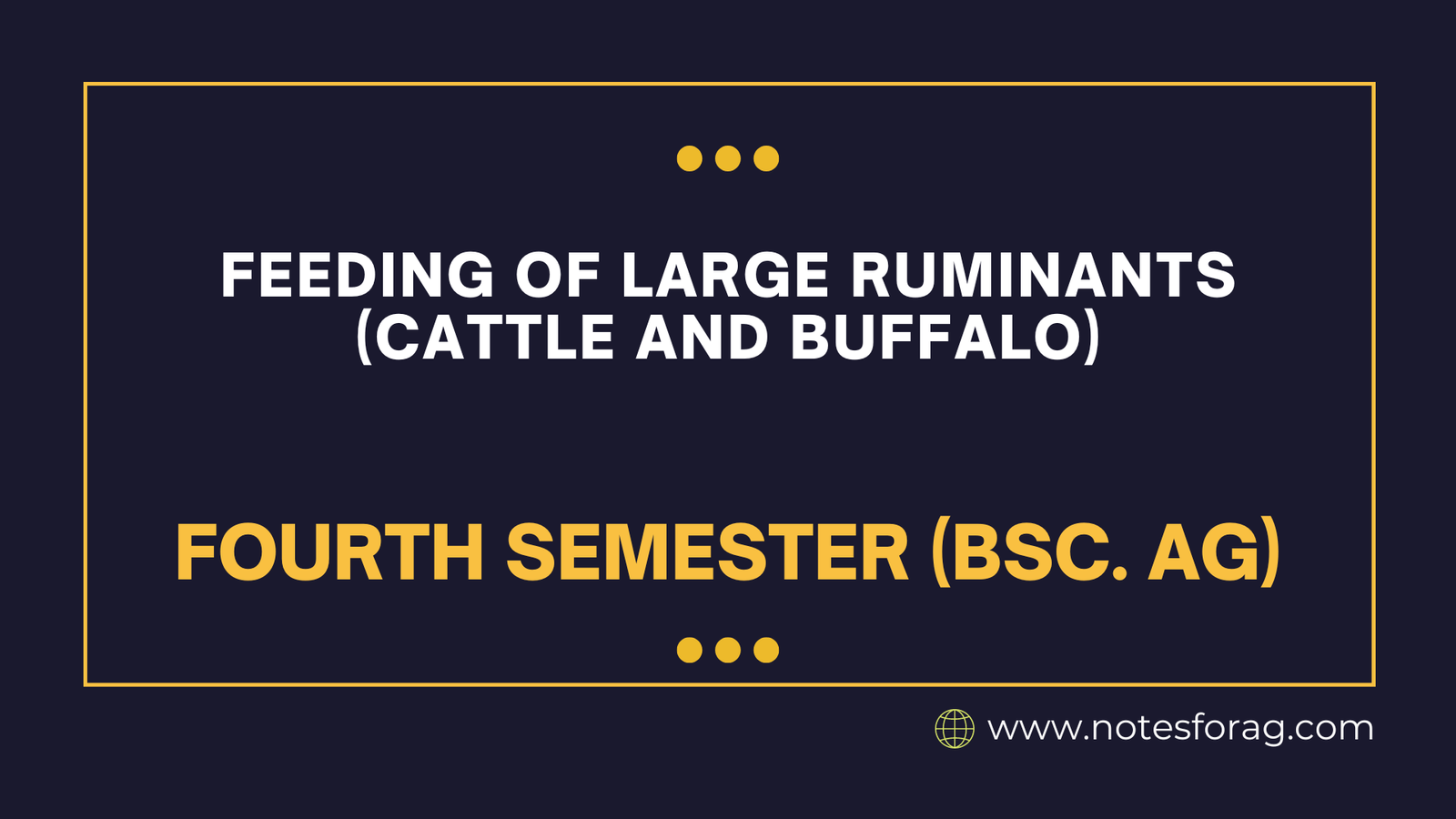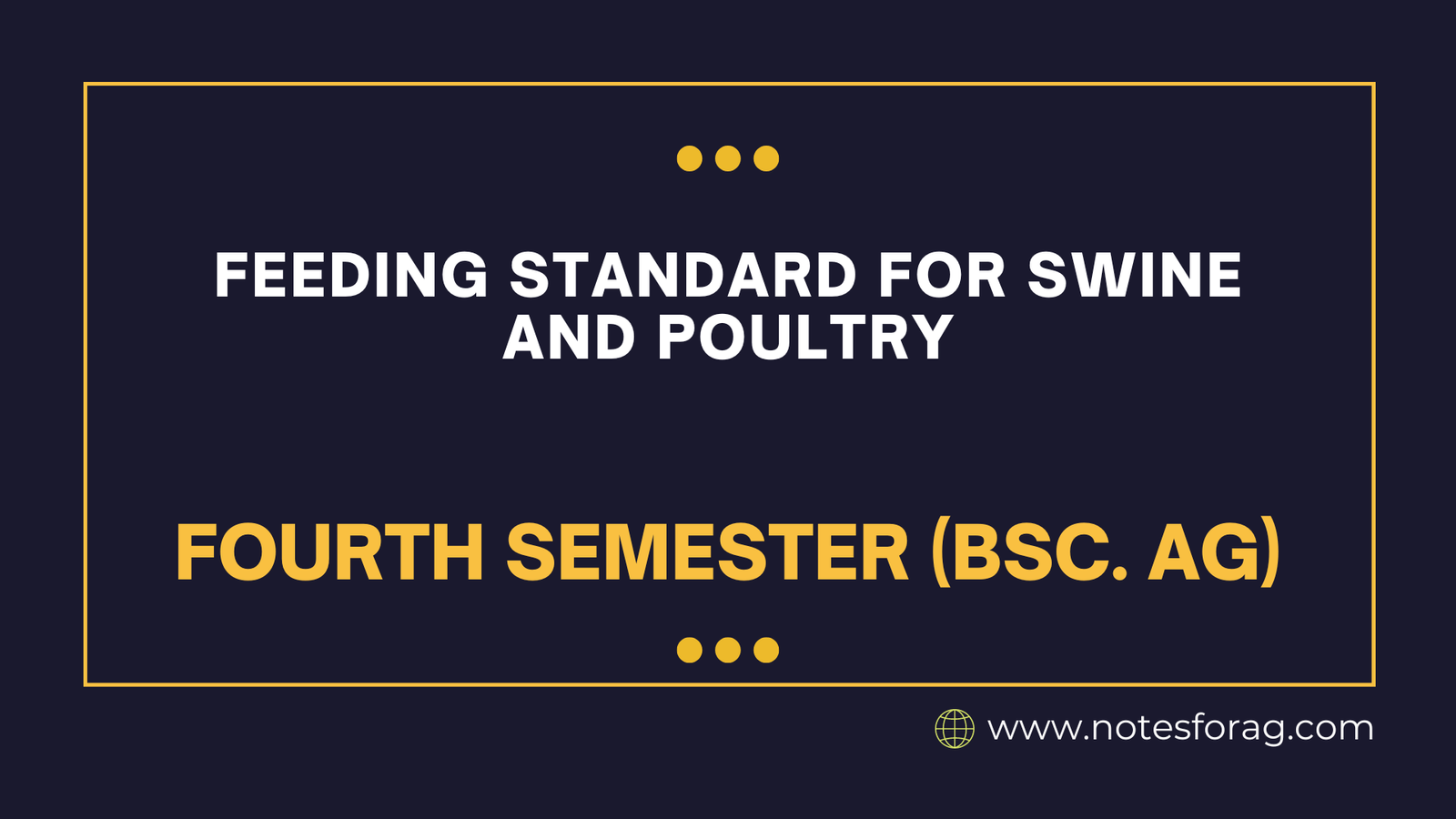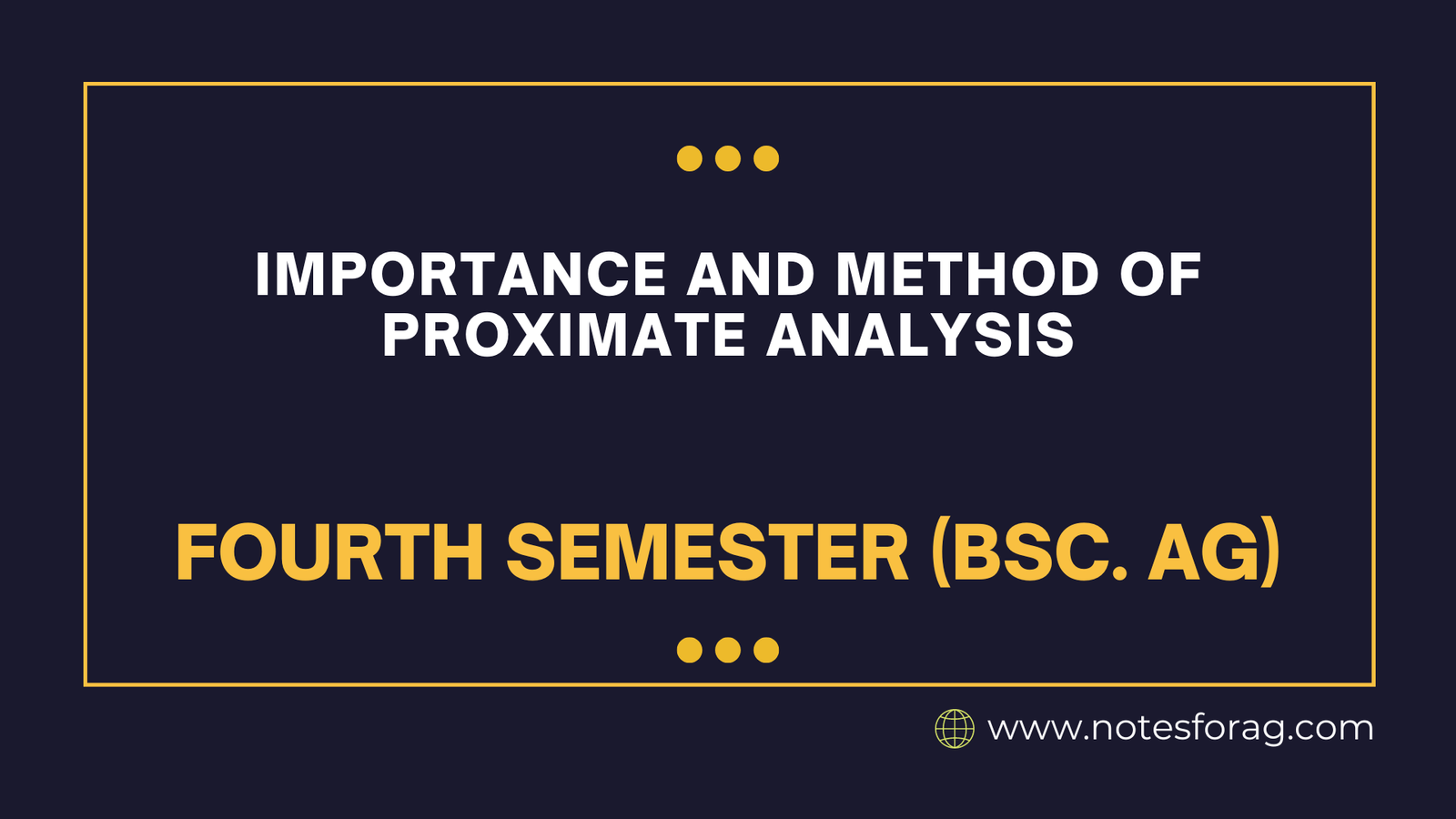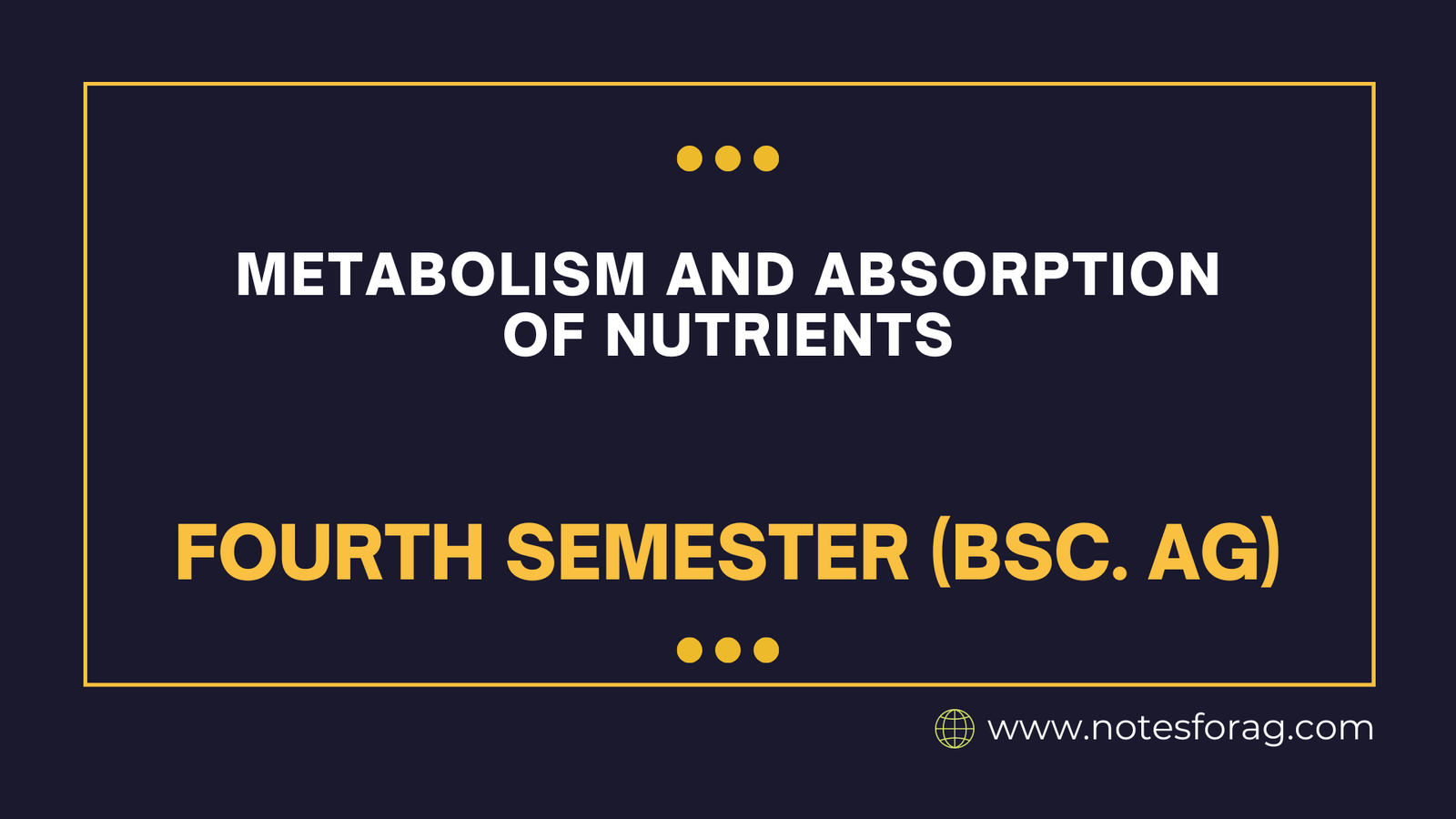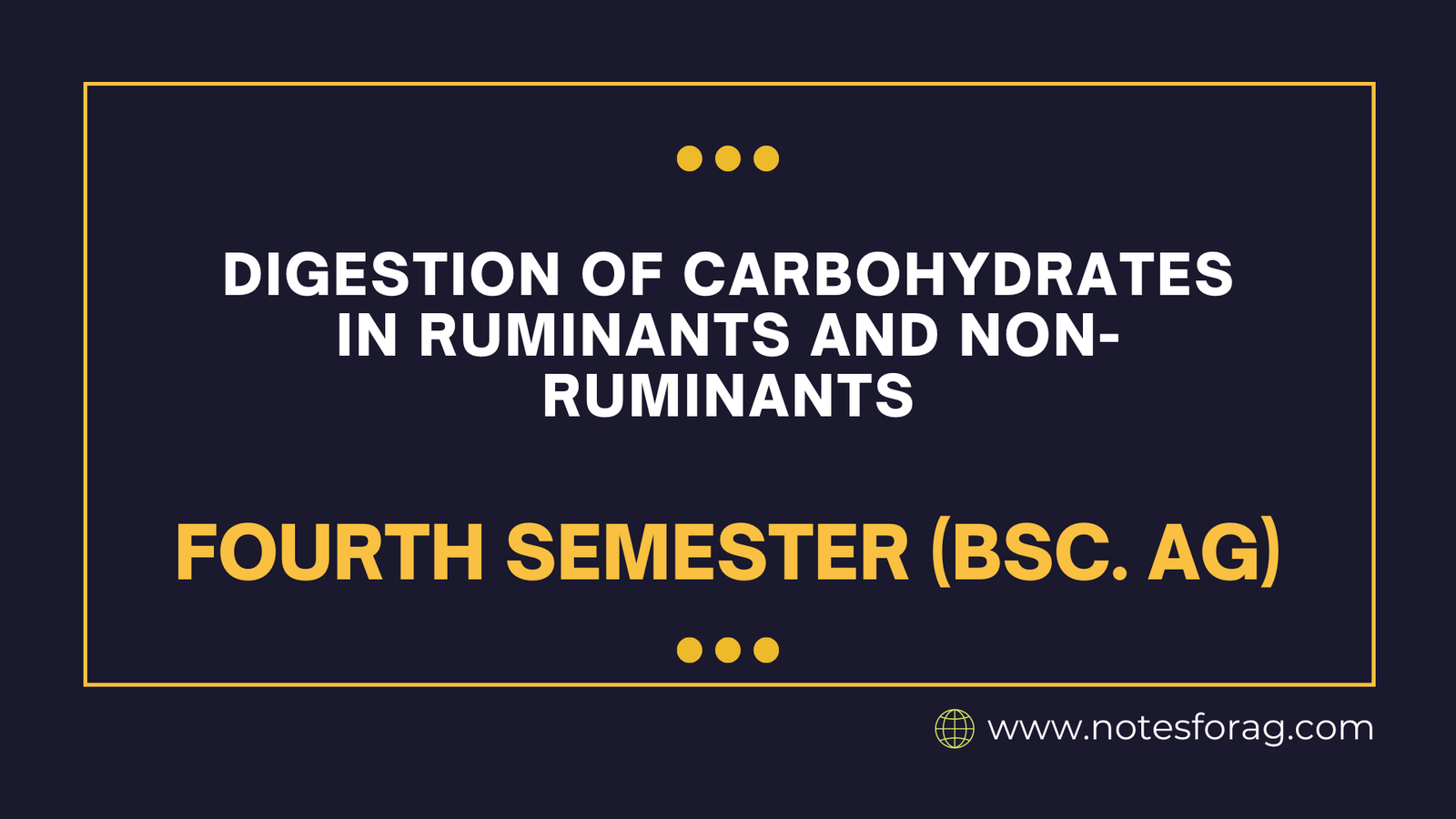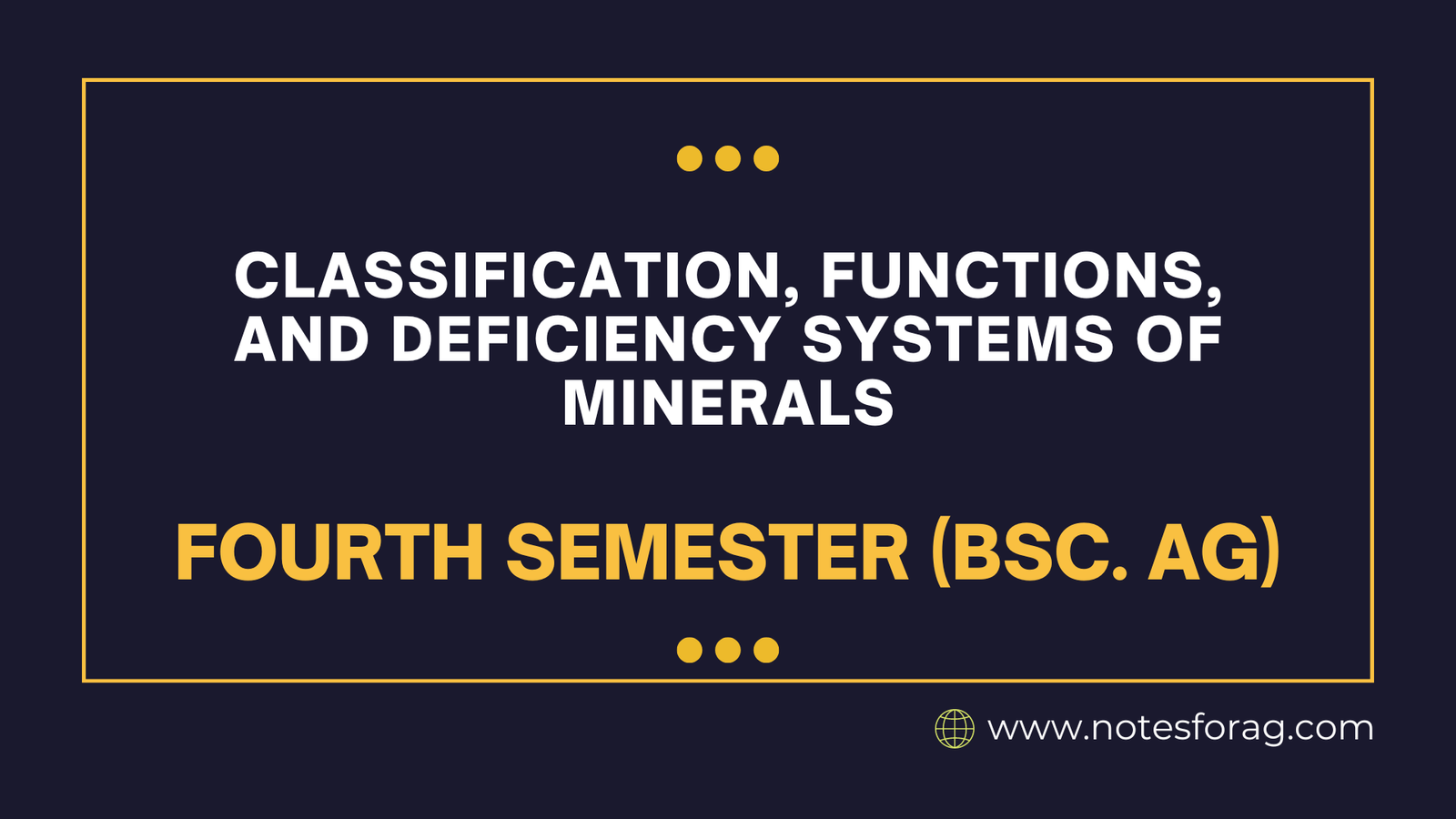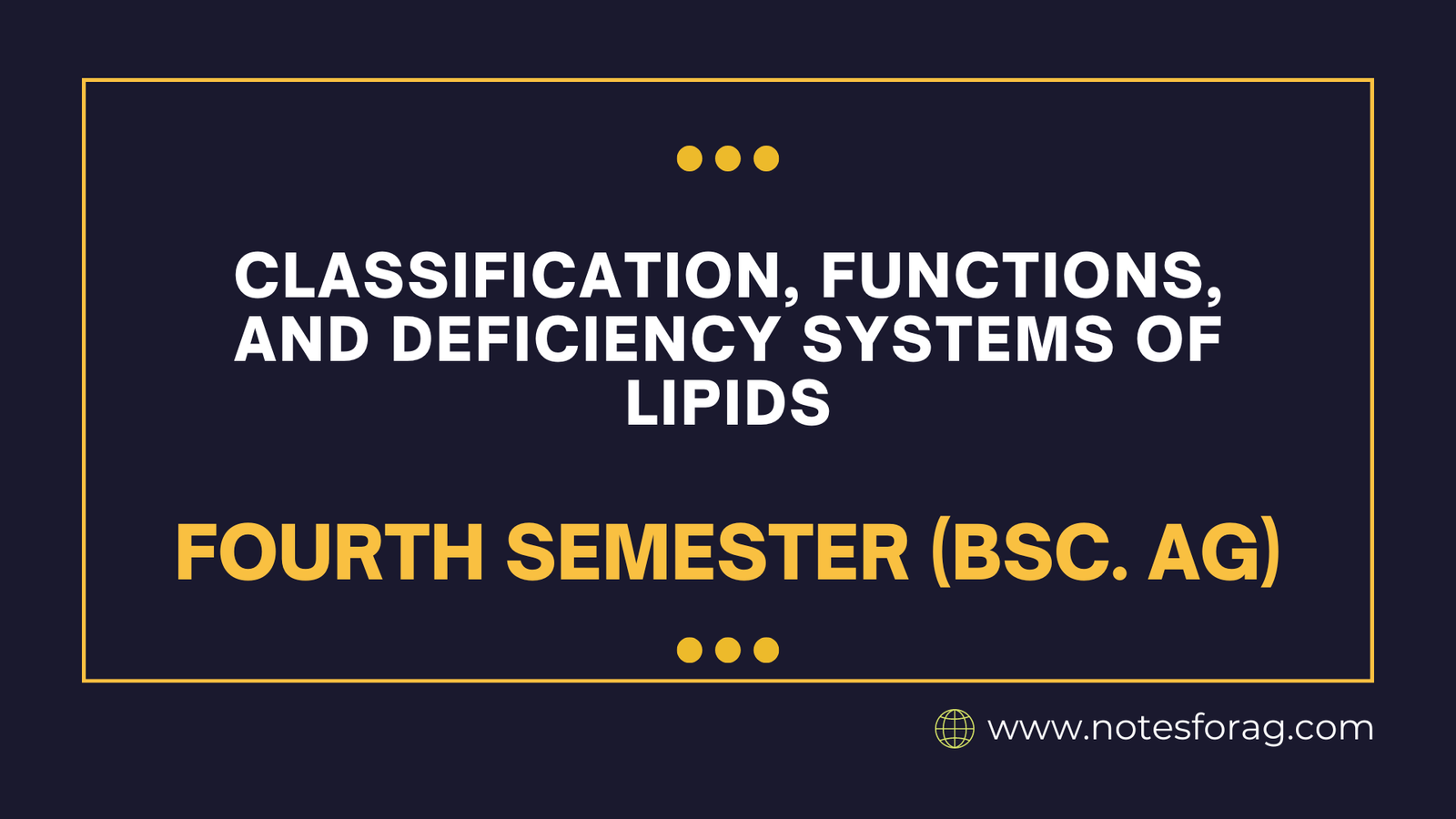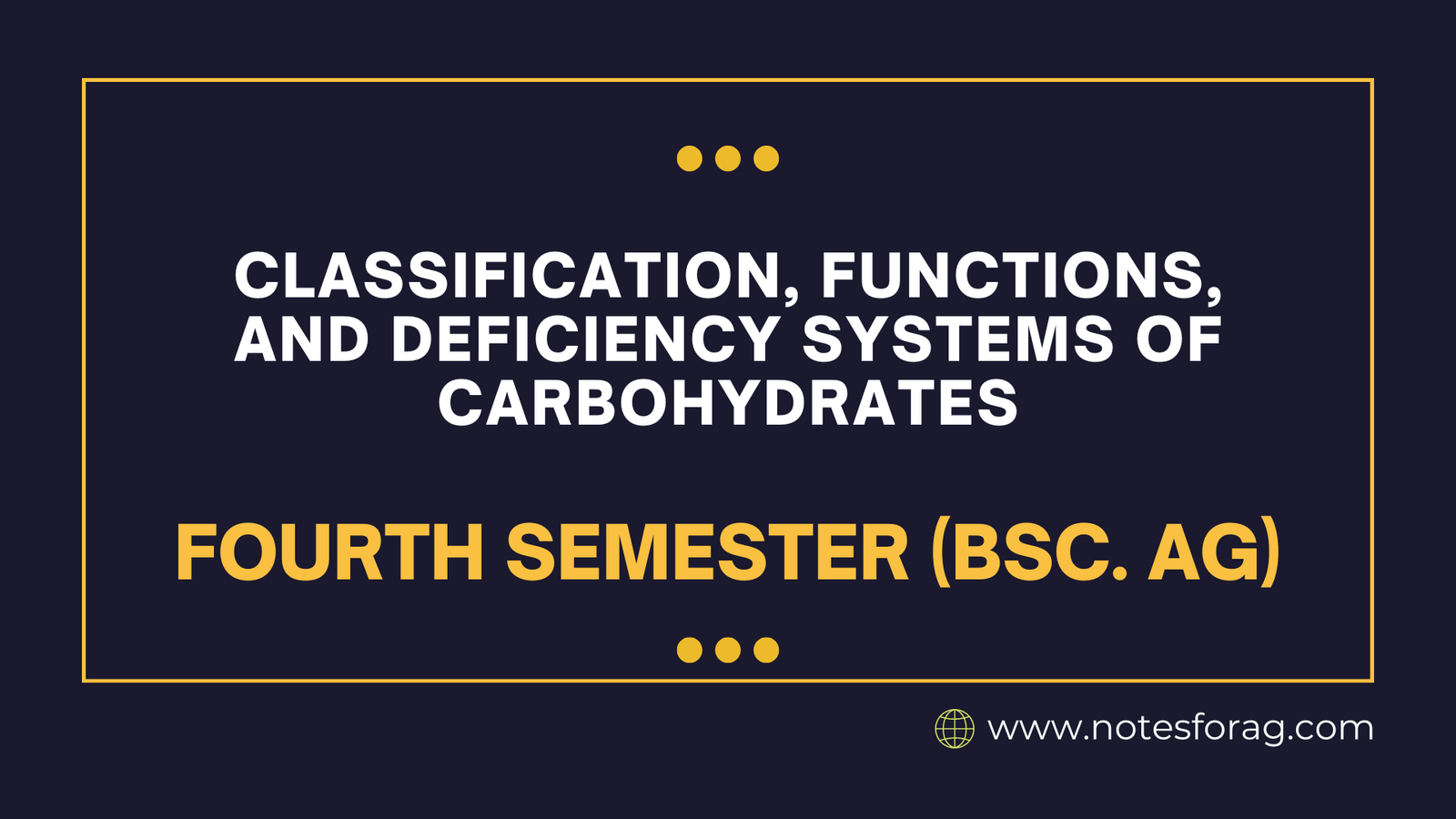Feeding of large ruminants (cattle and buffalo)
Cattle and buffalo, as large ruminants, play a vital role in the global food system, providing meat, milk, and byproducts like leather. Their distinct digestive systems, characterised by a rumen with a diverse microbial community, enable them to subsist on roughages such as grasses and forages. However, for optimal growth, milk production, and reproduction, a … Read more

